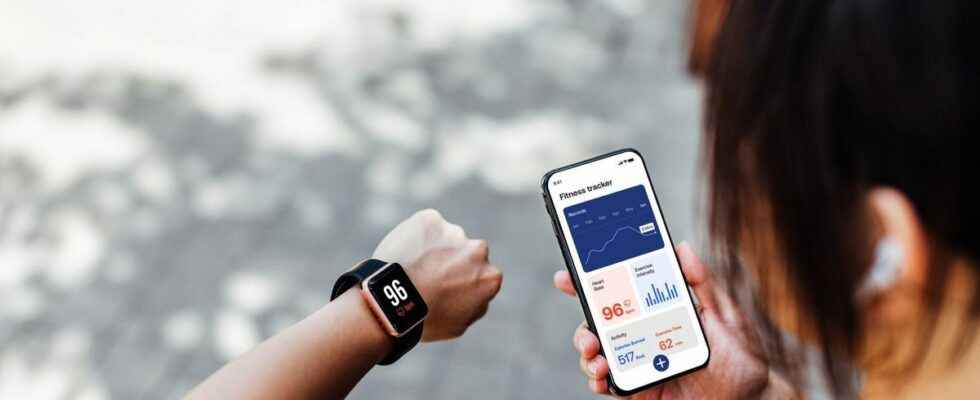Published on
Updated
Reading 2 mins.
Each year, the number of health applications swarm in the market. Yet more than two-thirds of apps have never been rated. A real risk for consumers.
Checking your health daily via your smartphone has become commonplace. However, the applications available “at hand” are not without consequences: if 90,000 new ones come out each year, more than two thirds of them have not been the subject of a scientific evaluation before being placed on the market. At least that’s the conclusion of a new study published in the Journal of Medical Internet Research (JMIR).
A tool made up of 26 questions
To sort out and determine which applications are reliable on the market, the team of scientists used Linkedin to develop a test consisting of 26 questions “to quickly assess and compare the clinical relevance and quality of applications”.
In total, 68 applications used by sick people (suffering from cancer, heart disease, chronic pain, etc.) were scrutinized with the rating tool.
Results ? The data collected is rather worrying:
- Only 21% of these apps were the subject of randomized studies (comparison of two groups, one with a treatment and the other without) before being marketed (which is equivalent to a correct level of reliability);
- 15% went on to study real-life health data (i.e. the data is not collected in an experimental setting);
- Finally, for nearly 64% of the applications, no clinical study has been carried out.
Towards more transparency and health assessments?
“Added to this, the questionnaire revealed that the publishers of these applications often did not have medical skills or did not include a scientific board.“, adds Professor Fabrice Denis, president of the National Institute of e-health and co-author of the study.
In addition, this study shows that certain health criteria are sorely lacking in certain applications, such as the long-term overall survival rate – essential in the context of certain pathologies (cancer, heart disease).
Professor Fabrice Denis nevertheless wants to be positive about the evolution of applications.
“Our study shows that there is a clear margin for improvement. Patient associations want transparent information on the clinical usefulness of these tools and they are right. Evaluations need to be strengthened, especially for developers who request a refund for their app”he points out.
